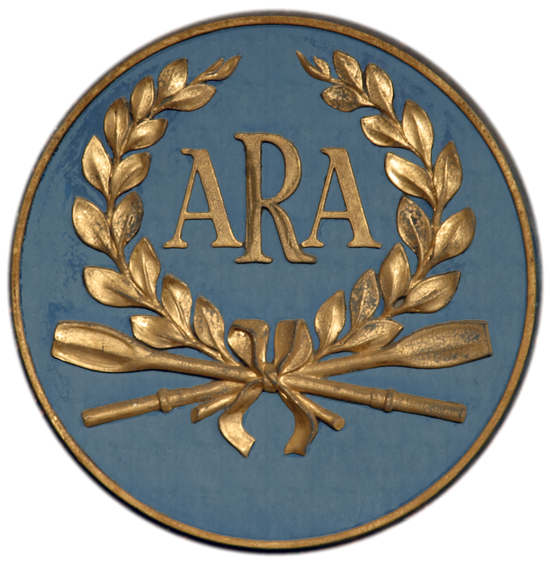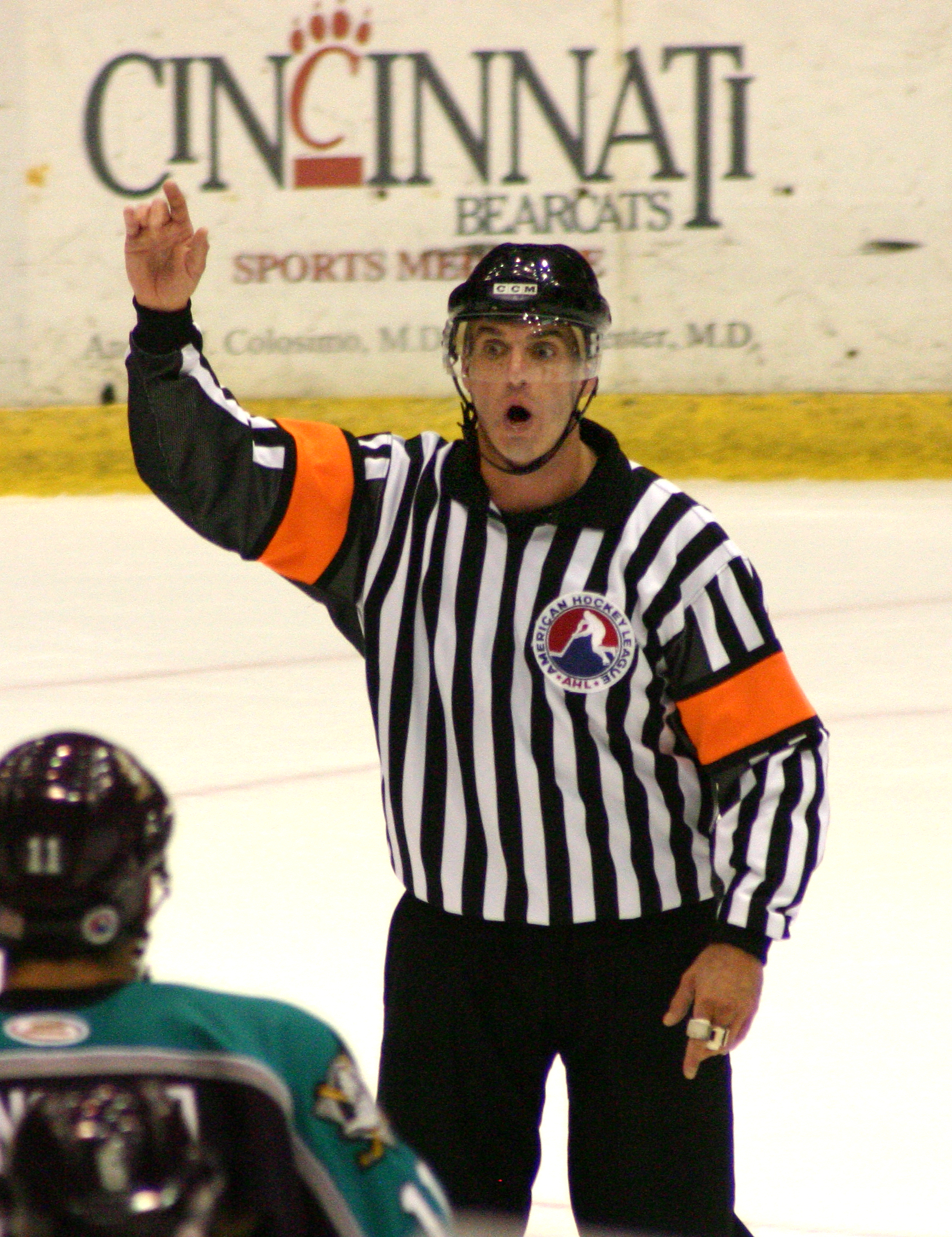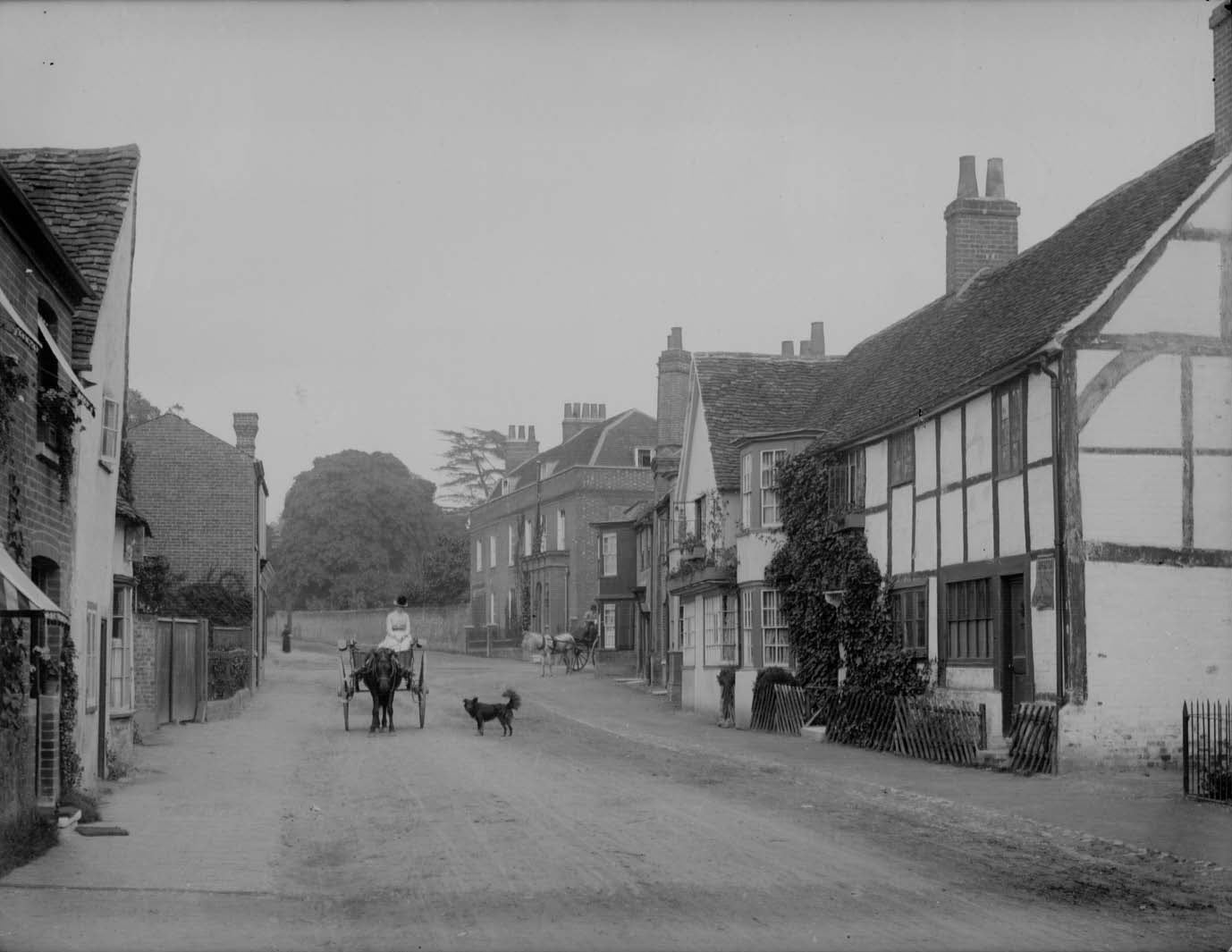|
Skiff Racing Association
The Skiff Racing Association (SRA) is the governing body in the United Kingdom for the sport of skiff racing. The SRA is affiliated to British Rowing. The objectives of the SRA are :(a) To maintain the standard of sculling in skiff and kindred races :(b) To promote the interests of skiff racing and kindred sports History The SRA was founded on 6 February 1901 by delegates from a number of clubs and regattas under the leadership of F. S. Lowe. The SRA affiliated to the ARA (the predecessor of British Rowing) almost immediately. In the founding year there were eleven affiliations. *Broxbourne Rowing Club *Maidenhead Rowing Club *Reading Rowing Club * The Skiff Club *Bourne End Regatta *Cookham Regatta * Sunbury Regatta * Wargrave Regatta *Windsor and Eton Regatta * Teddington Reach Amateur Aquatic Sports * Hampton Court and Dittons Amateur Aquatic Sports and Venetian Fete The club and regatta affiliations have changed over the years with new clubs and regattas joining and old on ... [...More Info...] [...Related Items...] OR: [Wikipedia] [Google] [Baidu] |
British Rowing
British Rowing, formerly the Amateur Rowing Association (ARA), is the national governing body for the sport of rowing (both indoor and on-water rowing). It is responsible for the training and selection of individual rowers and crews representing Great Britain and England, and for participation in and the development of rowing in England. Scottish Rowing (formerly SARA) and Welsh Rowing (formerly WARA) oversee governance in their respective countries, organise their own teams for the Home International Regatta and input to the GB team organisation. British Rowing is a member of the British Olympic Association and the World Rowing Federation, also known as FISA. History The ARA (as the predecessor of British Rowing) had it roots in the desire to form crews drawn from the leading English clubs 'for the purpose of defeating the foreign or colonial invader' although in fact this aim was not fulfilled until much later. A series of meetings were held in Putney from 1877 culmin ... [...More Info...] [...Related Items...] OR: [Wikipedia] [Google] [Baidu] |
Referee
A referee is an official, in a variety of sports and competition, responsible for enforcing the rules of the sport, including sportsmanship decisions such as ejection. The official tasked with this job may be known by a variety of other titles depending on the sport, including umpire, judge, arbiter (chess), commissaire, or technical official (by the International Olympic Committee). Referees may be assisted by umpires, linesmen, timekeepers, touch judges, or video review officials. Football (association) Originally team captains would consult each other in order to resolve any dispute on the pitch. Eventually this role was delegated to an ''umpire''. Each team would bring their own partisan umpire allowing the team captains to concentrate on the game. Later, the referee, a third "neutral" official was added; this ''referee'' would be "referred to" if the umpires could not resolve a dispute. The referee did not take his place on the pitch until 1891, when the u ... [...More Info...] [...Related Items...] OR: [Wikipedia] [Google] [Baidu] |
Rowing Governing Bodies
Rowing is the act of propelling a human-powered watercraft using the sweeping motions of oars to displace water and generate reactional propulsion. Rowing is functionally similar to paddling, but rowing requires oars to be mechanically attached to the boat, and the rower drives the oar like a lever, exerting force in the ''same'' direction as the boat's travel; while paddles are completely hand-held and have no attachment to the boat, and are driven like a cantilever, exerting force ''opposite'' to the intended direction of the boat. In some strict terminologies, using oars for propulsion may be termed either "pulling" or "rowing", with different definitions for each. Where these strict terminologies are used, the definitions are reversed depending on the context. On saltwater a "pulling boat" has each person working one oar on one side, alternating port and starboard along the length of the boat; whilst "rowing" means each person operates two oars, one on each side of the ... [...More Info...] [...Related Items...] OR: [Wikipedia] [Google] [Baidu] |
Rowing In The United Kingdom
Rowing is the act of propelling a human-powered watercraft using the sweeping motions of oars to displace water and generate reactional propulsion. Rowing is functionally similar to paddling, but rowing requires oars to be mechanically attached to the boat, and the rower drives the oar like a lever, exerting force in the ''same'' direction as the boat's travel; while paddles are completely hand-held and have no attachment to the boat, and are driven like a cantilever, exerting force ''opposite'' to the intended direction of the boat. In some strict terminologies, using oars for propulsion may be termed either "pulling" or "rowing", with different definitions for each. Where these strict terminologies are used, the definitions are reversed depending on the context. On saltwater a "pulling boat" has each person working one oar on one side, alternating port and starboard along the length of the boat; whilst "rowing" means each person operates two oars, one on each side of the b ... [...More Info...] [...Related Items...] OR: [Wikipedia] [Google] [Baidu] |
Chertsey Regatta
Chertsey & Shepperton Regatta is a regatta on the River Thames in England which takes place on and by Dumsey Meadow near Chertsey, Surrey. History The regatta was inaugurated in 1851 and is one of the oldest on the river. Early records are sparse. In two years the regatta was held upstream of Chertsey Bridge. Since the 1920s, with one or two exceptions, the regatta has been held annually alongside Dumsey Meadow. The detailed course has varied between different points and directions. The competition is for skiffing and punting. Since 2004 Dumsey Meadow has in ecology been designated a Site of Special Scientific Interest. After discourse with local authorities and English Nature, agreement was reached allowing the regatta to continue its partial use of the site for one day each year. In acknowledgement of the support given by Spelthorne Borough Council who own the meadow, the name was modified to the Chertsey & Shepperton Regatta. The committee bought an adjacent field for parki ... [...More Info...] [...Related Items...] OR: [Wikipedia] [Google] [Baidu] |
Egham Regatta
Egham Regatta is a rowing regatta on the River Thames in England which takes place at the end of June on the reach above Bell Weir Lock near Egham, Surrey. The regatta is run from Wraysbury Skiff and Punting Club and the Runnymede Pleasure Grounds on the outskirts of Egham. The regatta was inaugurated in 1909 and was affiliated to the Skiff Racing Association in 1913. It was suspended during World War I and had a chequered existence until it re-commenced in 1955 as a purely rowing regatta. In 1978 skiffing and punting were reintroduced making it the only regatta in the country that still provides racing for rowing, skiffing and punting. Egham Regatta has a short sprint course of about 650 metres upstream from a stake boat start. The regatta is the last on the River Thames before Henley Royal Regatta and provides sculling events for juniors in singles, doubles or coxed quads. It caters for competitors of all levels and ages from the relative newcomer upwards. See also *Ro ... [...More Info...] [...Related Items...] OR: [Wikipedia] [Google] [Baidu] |
Wargrave Boating Club
Wargrave () is a historic village and civil parish in Berkshire, England. The village is primarily on the River Thames but also along the confluence of the River Loddon and lies on the border with southern Oxfordshire. The village has many old listed buildings, two marinas with chandlery services for boats, a boating club and rises steeply to the northeast in the direction of Bowsey Hill, with higher parts of the village generally known as Upper Wargrave. In Upper Wargrave is a Recreation Ground with a cricket club, bowls club, football pitch and tennis club. Wargrave is situated in the A321 road from both Maidenhead and Reading and from Henley-on-Thames. The village is larger than the county average, having a railway station on the Henley Branch Line, off the Great Western Main Line from London Paddington; the village is quickly accessible to nearby parts of the M4 corridor, particularly Berkshire and Heathrow Airport and local major centres of employment include Readin ... [...More Info...] [...Related Items...] OR: [Wikipedia] [Google] [Baidu] |
Dittons Skiff And Punting Club
Dittons Skiff and Punting Club (DSPC or Dittons) is an English skiff and punting club, which was founded in 1923. It is based on the River Thames with a club and boat house at Thames Ditton on the reach above Teddington Lock. As well as taking part in regular skiff and punt racing competitions, crews from the club have established several rowing world records. The club supports two traditional water sports - skiffing and punting. Skiffs are traditional, stable wooden boats which are sculled with a pair of blades. Skiffs are raced at regattas run under the rules of the Skiff Racing Association, and are used for leisure outings such as Thames meanders. Punts are 2 ft and 1 ft racing punts. Punting is carried out competitively at regattas under the rules of the Thames Punting Club. The club colours are blue and gold. History The club was founded in 1923 following a meeting of interested persons in Long Ditton Parish Hall. The club operated initially from a site in ... [...More Info...] [...Related Items...] OR: [Wikipedia] [Google] [Baidu] |
Wraysbury Skiff And Punting Club
Wraysbury Skiff and Punting Club (WSPC) is an English skiff and punting club founded in 1931 based on the River Thames at the start of the Surrey section of the right bank – between the rest of Runnymede (the meadow in the borough of the same name) and Bell Weir Lock (founded as Egham Lock). Boats, training and racing The club hosts boats for two traditional water sports - Skiffing and Punting. Skiffs are traditional, stable wooden boats which are sculled with a pair of blades (oars). Punts are 2 ft and 1 ft (-beam) racing punts. Skiffs are raced at skiff regattas run under the rules of the Skiff Racing Association, and are used for leisure outings such as Thames meanders. Punting is carried out competitively (usually at the same regattas) under the rules of the Thames Punting Club. The club provides support and coaching for all levels from beginner to advanced. WSPC organises a club regatta in September, Wraysbury and Old Windsor Regatta and the Wraysbury ... [...More Info...] [...Related Items...] OR: [Wikipedia] [Google] [Baidu] |
Thames Valley Skiff Club
Thames Valley Skiff Club is an English skiff and punting club, which was founded in 1923. It is based on the River Thames in England, on the Surrey bank between Sunbury Lock and Walton on Thames. The club supports two traditional water sports - skiffing and punting. Skiffs are traditional, stable wooden boats which are sculled with a pair of blades. Punts are 2 ft and 1 ft (Best and Best) racing punts. Punting is carried out competitively at regattas under the rules of the Thames Punting Association. Skiffs are raced at regattas run under the rules of the Skiff Racing Association, and are used for leisure outings such as Thames meanders. The club colours are yellow and black. The club organises a club regatta in July, and also hosts Walton Reach Regatta and the singles and doubles marathon events in October. Over the years, club members have competed and won medals in rowing at the Olympic Games and other international level events. The club provides support an ... [...More Info...] [...Related Items...] OR: [Wikipedia] [Google] [Baidu] |
Hampton Court And Dittons Regatta
Hampton Court and Dittons Regatta is a regatta on the River Thames in England which takes place at Thames Ditton, Surrey beside Hampton Court Palace. The regatta was inaugurated in 1887, being described as an "Aquatic Sports and Venetian Fete", although Alfred Sisley's painting illustrates a regatta in existence some thirteen years earlier at the same location. Pleasure boating on the River Thames between Teddington Lock and Molesey Lock had become extremely popular, and owners of self-propelled craft were interested in more sporting activity than just recreational boating, and competitors came from local sports clubs. The regatta was from the start under the royal patronage of Princess Frederica of Hanover who was then residing at Hampton Court Palace. The start point, then as now, was from the Hampton Court Palace Water Gallery, but finished then at the lower end of Thames Ditton Island, Boyle Farm Island.G. Dear ''One Hundred Years of Skiff Racing'' British Rowing Almanack 2001 ... [...More Info...] [...Related Items...] OR: [Wikipedia] [Google] [Baidu] |
Skiffing
Skiffing refers to the sporting and leisure activity of rowing (or more correctly sculling) a Thames skiff. The skiff is a traditional hand built clinker-built wooden craft of a design which has been seen on the River Thames and other waterways in England and other countries since the 19th century. Sculling is the act of propelling the boat with a pair of oars (or blades), as opposed to rowing which requires both hands on a single oar. Skiffs Thames skiffs were developed in the 19th century primarily for leisure use by private individuals sculling themselves. The design was based on the Thames wherries and shallops that were operated by watermen as a water taxi service in London. By the late 19th century, when Jerome K. Jerome wrote of his up-river expedition in ''Three Men in a Boat'', there were thousands of skiffs at places like Richmond, Kingston and Oxford. However, there are references to skiffs (as a result of accidents) as early as 1812 and 1824 at Oxford. In August 181 ... [...More Info...] [...Related Items...] OR: [Wikipedia] [Google] [Baidu] |


.jpg)
